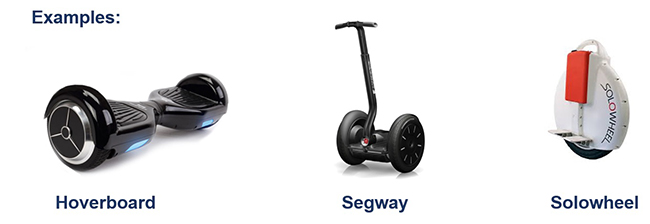Lithium batteries are found in a wide range of devices nowadays, ranging from personal electronic devices such as smartphones and laptops, to personal transportation devices such as hoverboards and segways. With their high energy storage capacities, lithium batteries have become quintessential in the world of technology.
However, there is a dark side to these batteries. If mishandled or damaged, lithium batteries may short circuit or overheat, resulting in fires.
To ensure that you have a safe and pleasant travel experience, here are 4 things you need to know about lithium batteries before you get on your next flight.
1. Lithium batteries are classified as dangerous goods when transported by air.
Batteries such as lithium-metal and lithium-ion batteries may cause a fire if they are not handled properly or protected from short circuits, thereby posing a safety risk to aircraft and passengers.

2. Lithium batteries, when contained within equipment and carried for personal use, are permitted in passengers’ check-in or hand carry baggage.
Such devices, like laptop computers, cameras, mobile phones etc, must be switched off. Measures must be taken to ensure that they cannot be accidentally activated when placed in check-in baggage.
3. Spare lithium batteries are prohibited in check-in baggage.
These refer to batteries not contained within equipment or devices, which include power banks. They can only be hand carried for personal use, and must be individually packed to prevent short circuits.
4. Personal transportation devices containing lithium batteries are prohibited on Singapore carriers and also many foreign carriers.
These devices cannot be checked in or hand carried by passengers.

For easy reference, the table below summarises how to pack it right for your flight. Do note that some airlines may impose more stringent requirements. When in doubt, check with your airline before your flight to avoid any inconvenience.

* To avoid inconvenience at the airport, passengers should seek consent from the airline prior to arriving at the airport.